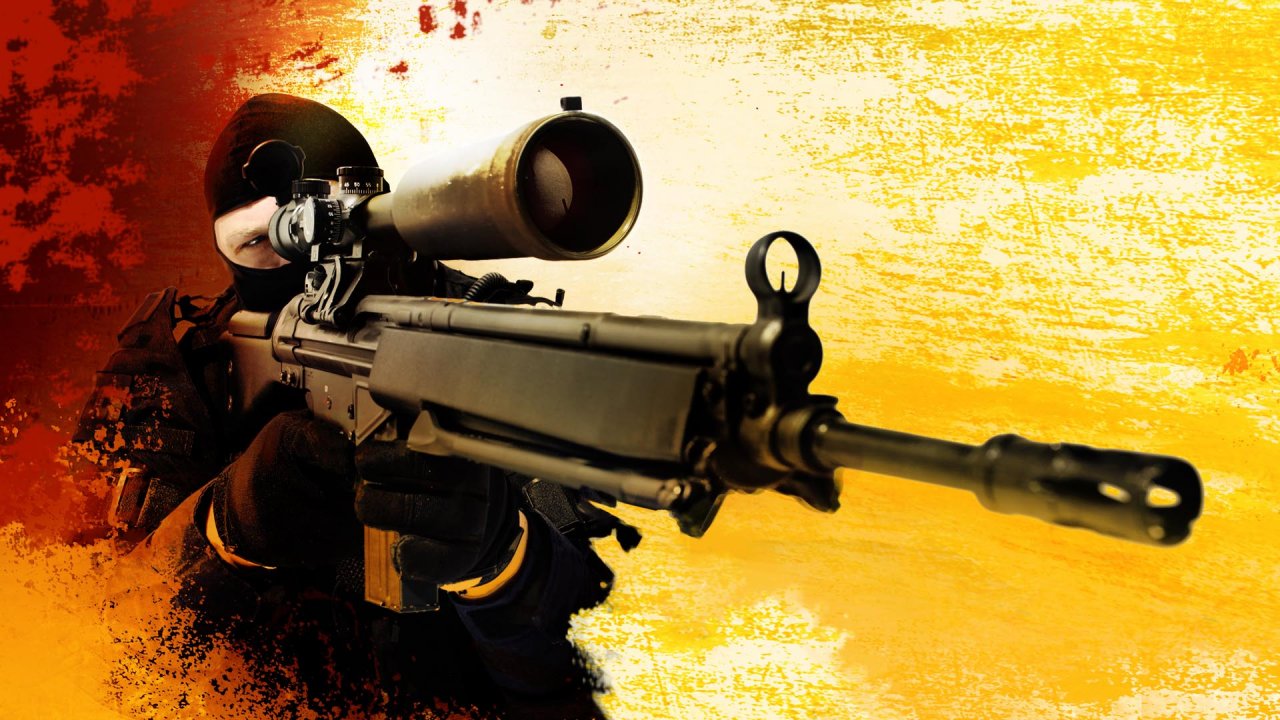Watching the Steam Summer Sale of 2014
Two years ago I was spending time with my friend Mo at his house. It was late June, and we had business to adhere to. On his monitor, Steam was up and running. Up until that point, I had only heard of Steam. My knowledge of the PC gaming world was minuscule. However, its reputation for being the Mecca of the online gaming market made me interested.
Annually there is a sale that is synonymous with the Valve created marketplace. Every summer PC gamers rejoice as Steam’s Summer Sale comes into play. That beautiful moment had come once again. Steam’s Summer Sale was in full effect. This sale was far more intriguing.
Mo informed me about how the deals would be different from previous years. He told me of the massive sales that Steam would set up on the market. Games could be taken up to 99 percent off their original price. With all these deals Steam needed to regain their losses. The excess buying of cheap games would fall into Steam’s plan.
A competition was held.

Random people were voluntarily placed together on teams to earn points to win free games. Teams created as a way to increase the sales of Steam games: separated as blue, green, red, pink and purple. Cards given out for each game bought. A crafting system used to make cards into badges to sell back to the community. Profit came in the shape of points for the teams who were able to sell the badges. Every day there would be a competition to see which team would fester up the most points. Steam only took a slight percentage from each badge sold. Multiply those few cents by the thousands of replicas of each card: the profit becomes enormous.
It was a brilliant system. Valve was making a large profit from their market by making purchasing a competition. The only way to win was to keep buying. I needed to know what was going to happen next. The intrigue of which team would win what day became exciting. In the wake of all this, I found the competition to be anything but that. One team was dominating the entire board. But never the same team. I dug for answers. The truth lied within the competitors themselves. What came later that summer was the sport in which Steam could not control.
Continuity is important to all teams. From ganking mid in League to a single synchronized note in a string quartet; the execution lies within the players. This is something Steam had forgotten. The community took notice of the amount of money being spent on trading cards. Reddit and Steam forums began to organize a way to make it so certain teams would win certain days. Teams would purchase more on their designated days and reserve their efforts in the preceding days (red on Monday, blue on Tuesday, etc.)
This strategy culminated in Valve changing the rules of their competition. Rewarding second and third place teams along with the first. It didn’t matter, though. The game was already being decided. The splendor went to the participants involved.
The Summer Sale of 2014 introduced me to the PC gaming platform.
It was an unorthodox way to get into the class. It wasn’t the capabilities of PC gaming that drew me in. It was the community. How a community came together for a common goal: games for everyone. A synchronized effort culminated into a fair outcome to those involved.
Valve created the competition to gain more money. The Steam community didn’t like to be played. So they played the system. As a unit, a team, as members of a common ideal: games for all.

